The Hidden Barrier to Enjoying Japan: Language
And how Bunpo helps you break it—one real-world phrase at a time
Japan is full of treasures—affordable health checkups, peaceful retreats, and quiet moments you can’t find anywhere else.
But let’s be honest: without the language, even this magical place can feel distant.
Japanese is tough, I know. But just a little effort with the language can turn confusion into connection.
So in today’s newsletter, I’ll share some simple tips for learning Japanese—whether you're just visiting or starting to study more seriously—and a look at one app that makes the journey easier: Bunpo.
(This newsletter is kindly sponsored by Bunpo—thank you!)
Why Even One Word Can Change Your Trip
As someone born and raised in Japan, I can say this with confidence:
Many people here don’t speak English — but that doesn’t mean they don’t want to talk to you.
It’s not about unwillingness; it’s simply about language barriers.
But I’ve seen it time and time again — when a foreign visitor says even one word in Japanese, the faces light up. Fluency isn’t what matters. It’s the feeling behind the effort.
Saying “ありがとうございます” (thank you) to a cashier.
Saying “美味しかったです” (that was delicious) to a chef.
These small phrases can spark real connection — sometimes more than full conversations.
It’s not about speaking perfectly.
It’s about trying.
And in Japan, that effort speaks louder than words.
But Let’s Be Honest: Japanese Is Hard
Three writing systems (Hiragana, Katakana, Kanji).
Grammar that flips the sentence.
Politeness levels that shift depending on who you’re talking to.
It’s completely normal to feel overwhelmed before you even begin.
And honestly, I get that feeling.
As a Japanese medical student living in Hungary — without speaking Hungarian — I’ve learned that the fastest way to pick up a new language isn’t just studying. It’s actually using it. In real-life moments. When you need to speak, or listen, or read to get by.
That’s why I’ve been paying close attention to how people learn Japanese too.
One app I keep seeing people mention is Bunpo.
Bunpo does something important: it helps you practice in ways that actually feel useful.
A Closer Look at Bunpo
Bunpo is a Japanese learning app that a lot of people seem to genuinely love—not just because it’s clean and easy to use, but because it helps in the exact way learners need.
After spending some time checking it out from a native speaker’s perspective (and curious newsletter writer), here’s what I think makes it stand out:
🗣️ Real-Life Diaglogue
Instead of stiff textbook sentences, Bunpo teaches you how people actually talk. You can listen to dialogues between characters, follow along, and check how you'd say something yourself in context. It’s like being dropped into a real conversation—but with subtitles and help.
🤖 Built-In AI Tutor
If you’re nervous about saying things wrong, this is huge. You can type in what you want to say or practice answers to questions, and the app gives feedback in real time. It's kind of like having a patient Japanese friend who will correct you (nicely).
📷 Scan and Understand Japanese Around You
(and honestly, this is one of my favorite features)
Ever looked at a sign, menu, or bottle in Japan and thought, “Wait… what is this?”
With Bunpo, you can scan Japanese text—like labels, signs, or even your Airbnb washing machine—and get instant translations plus grammar tips. Not just what it means, but how it works.
Unlike other translators that just spit out awkward English, Bunpo actually breaks down the grammar too. So next time you’re holding a bottle of 柔軟剤 (fabric softener) wondering if it’s shampoo—you’ll know exactly what it is, and how to read it with confidence.
This will definitely make your stay in Japan way less confusing.
For Deeper Learners, There’s More
From zero to JLPT, one step at a time
If you’re not just visiting Japan but planning to stay longer—or even take the JLPT (the official Japanese Language Proficiency Test)—Bunpo can grow with you:
For beginners, you start by learning hiragana and katakana with stroke animations and pronunciation help (yes, you can practice writing too—very satisfying!).
Each word and grammar point is explained in plain English, which is a huge relief when you’re just starting out.
You can follow a structured path all the way up to advanced grammar and JLPT N1 level.
Everything is organized so you can learn a little every day—without feeling overwhelmed.
Why I’m Sharing This
Being able to speak a little Japanese will make your trip to Japan way better.
Not just logistically—but emotionally too.
You’ll feel more connected. More confident. More at home.
If you’ve ever wanted to try learning Japanese, I really think Bunpo is the best app I’ve seen.
It’s simple, practical, and actually enjoyable to use.
And if any of you have tried Bunpo already—share your experience in the comments! I’d love to hear how it helped you.


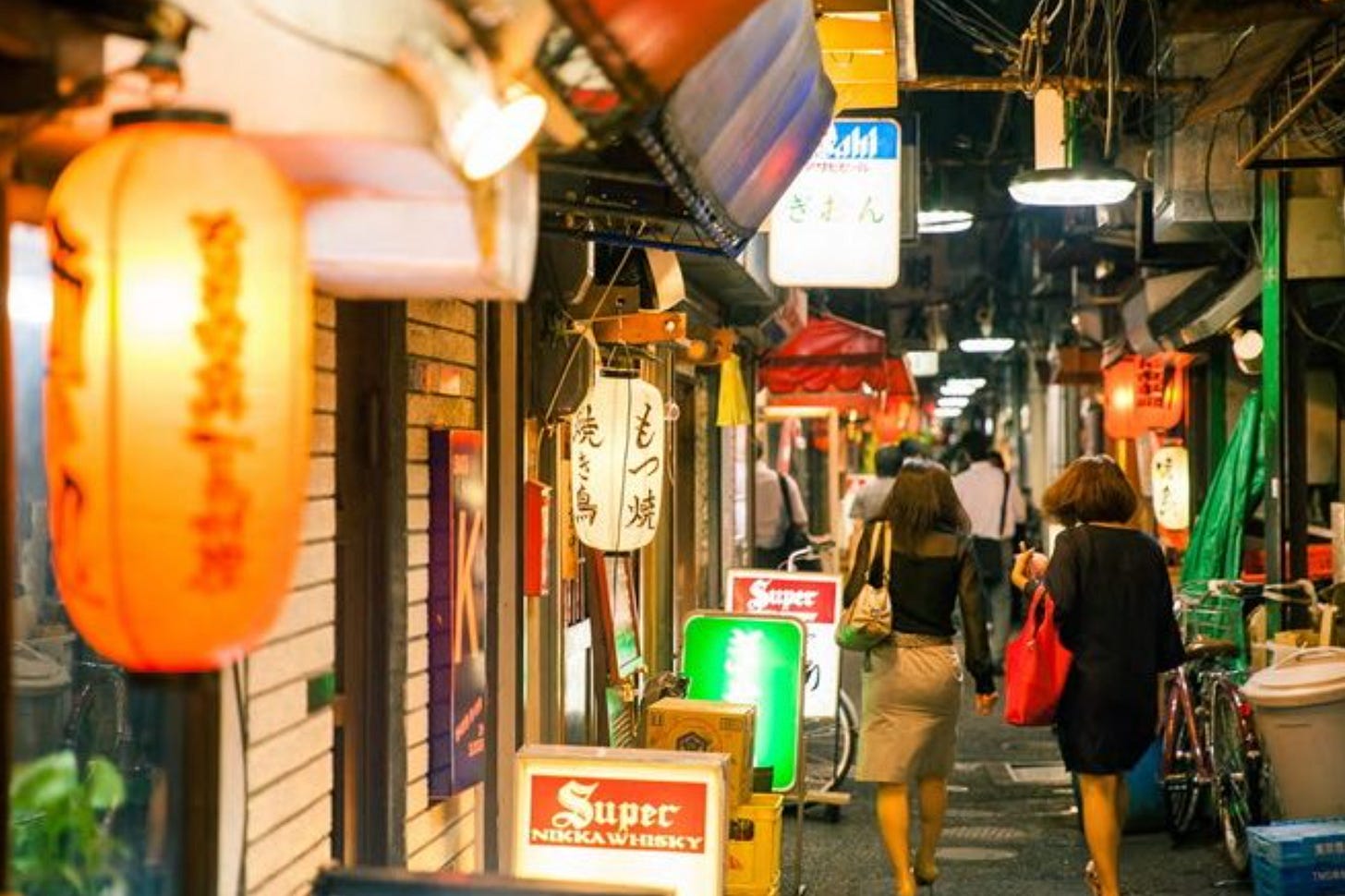

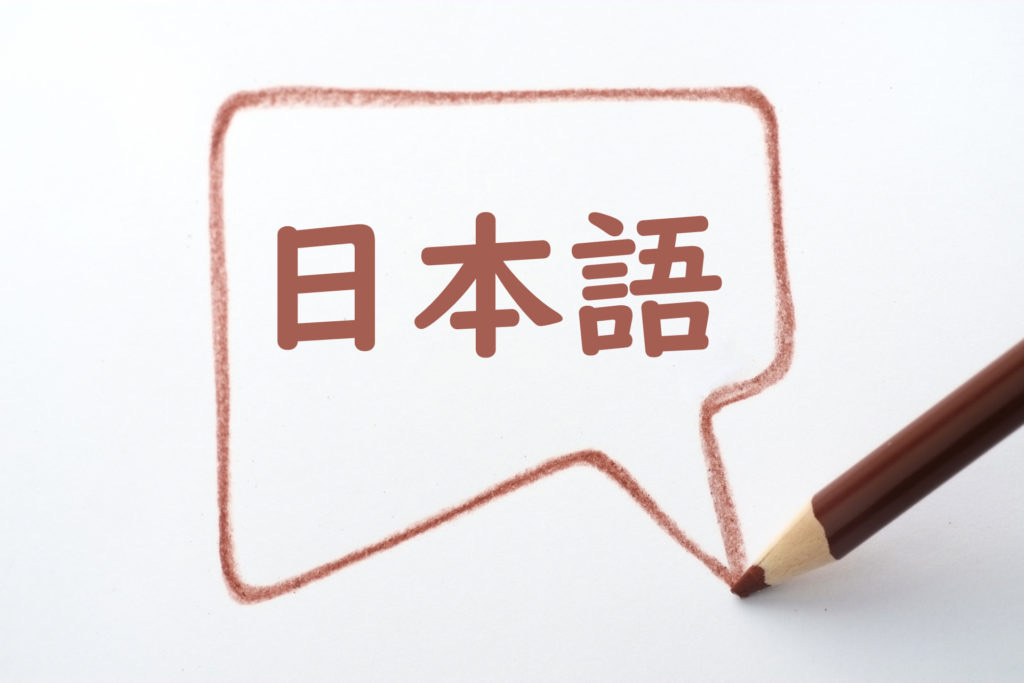
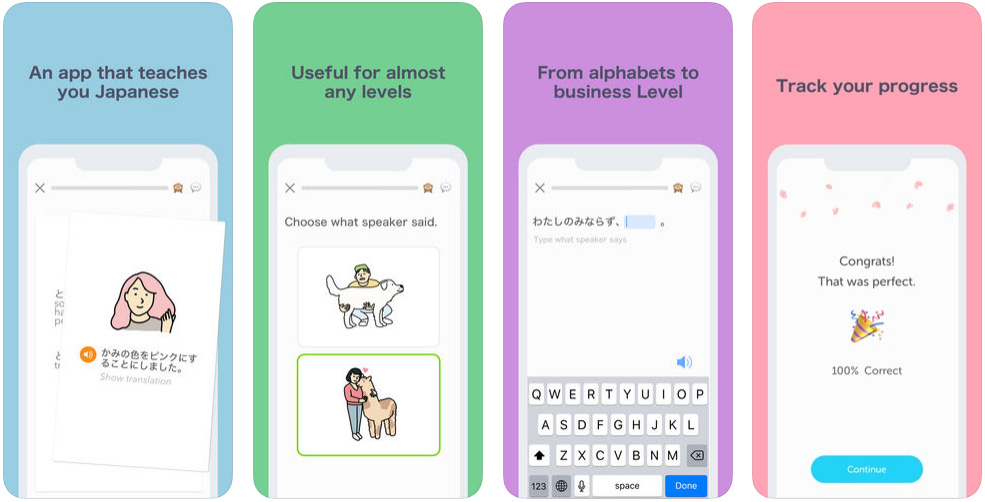
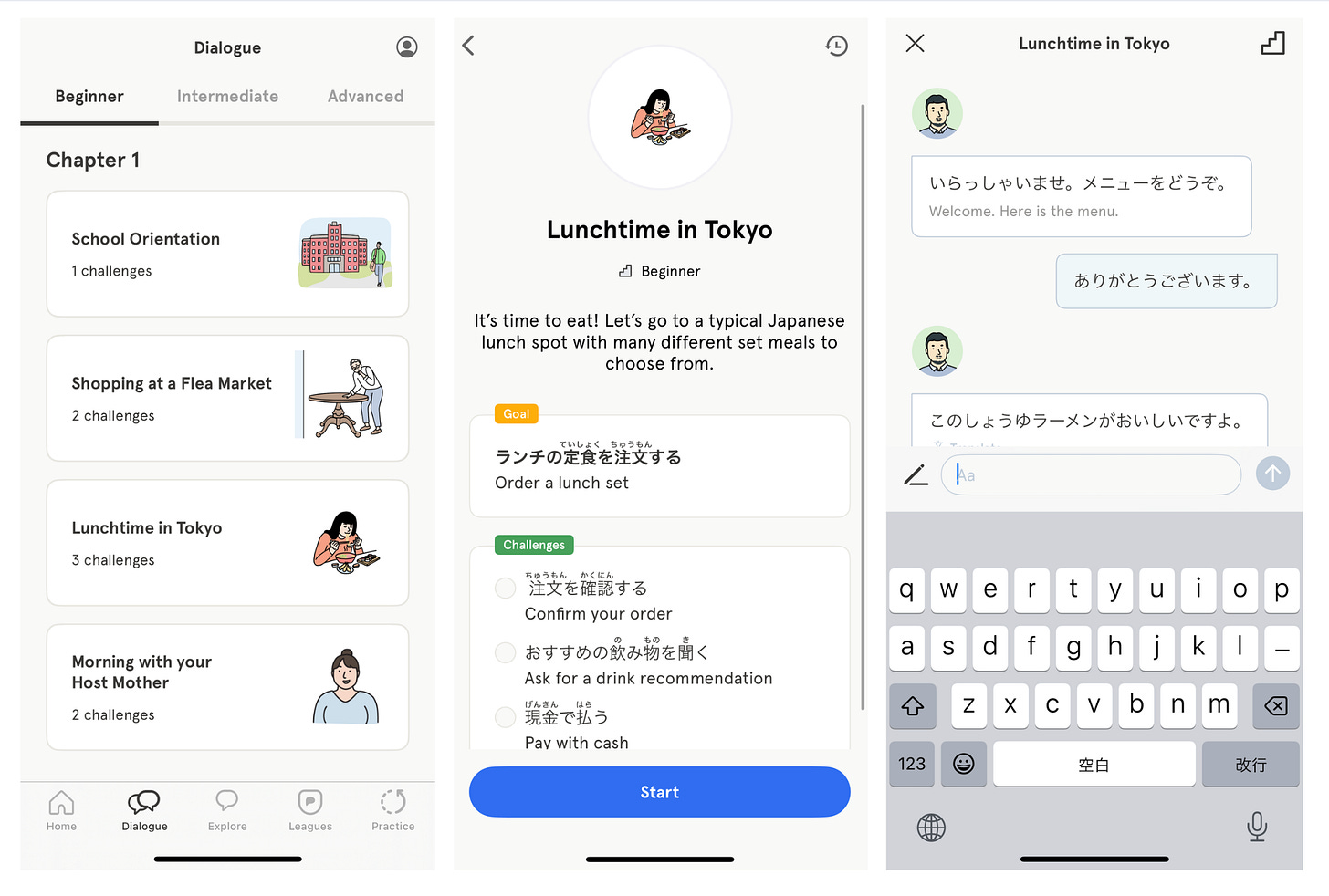
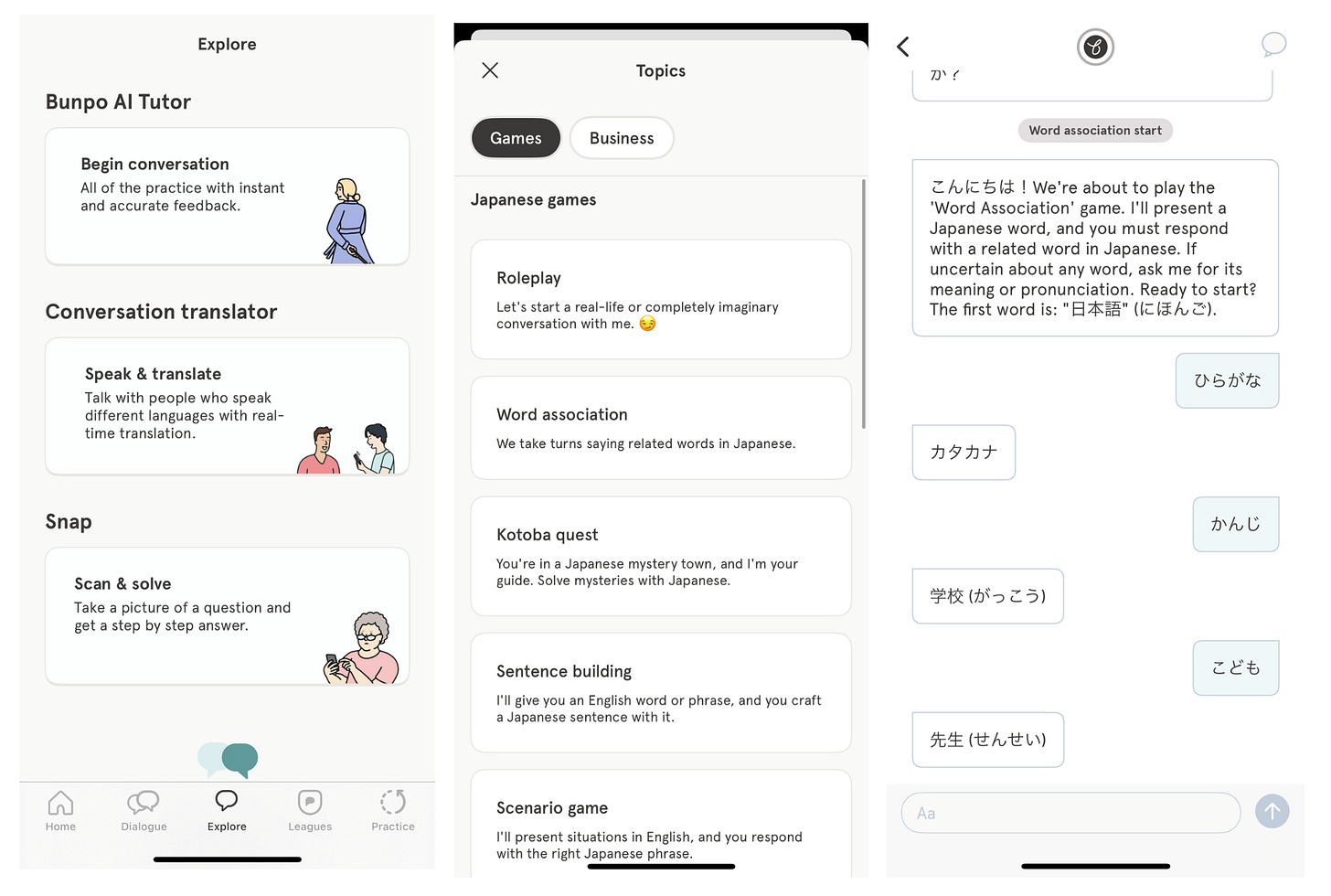
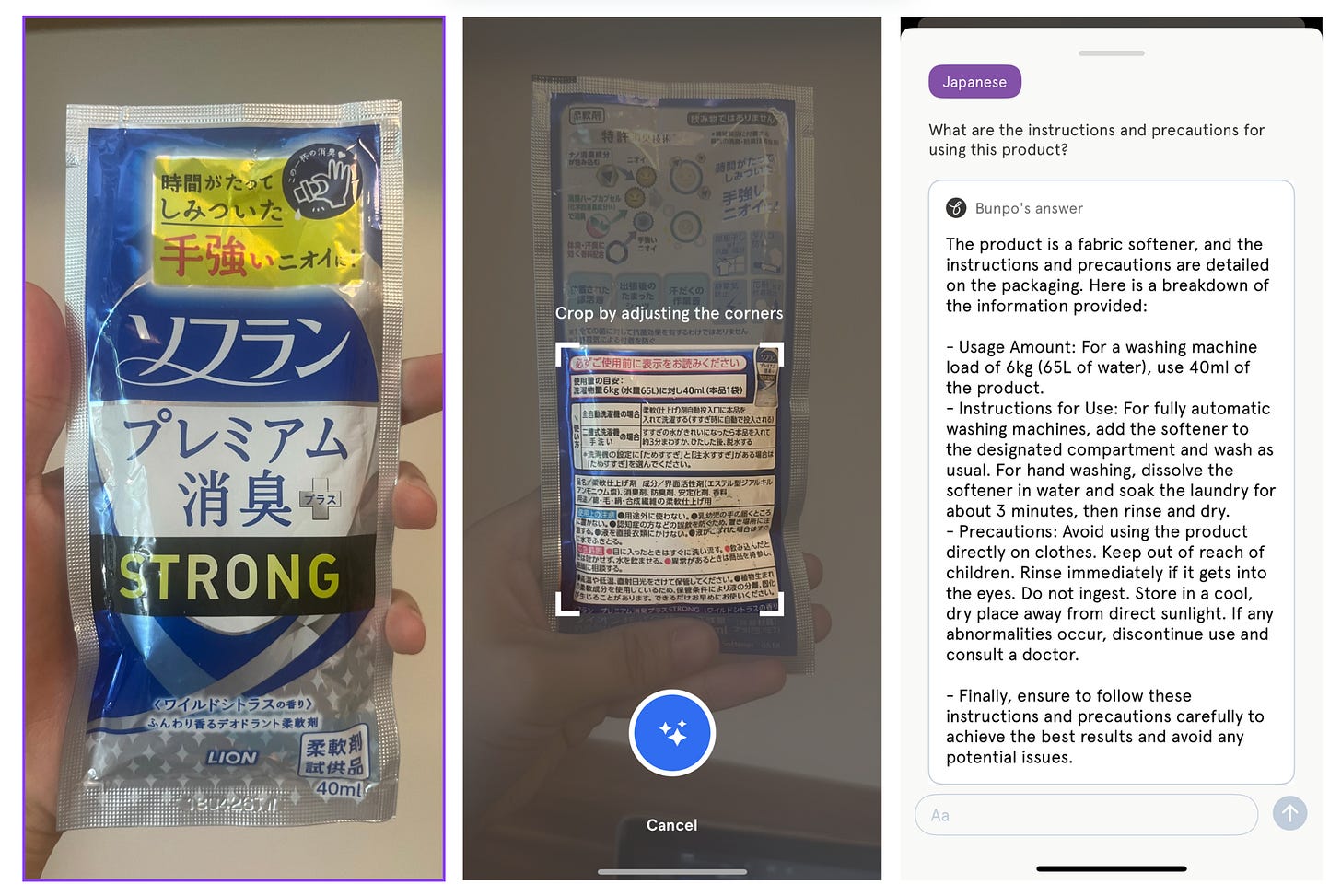
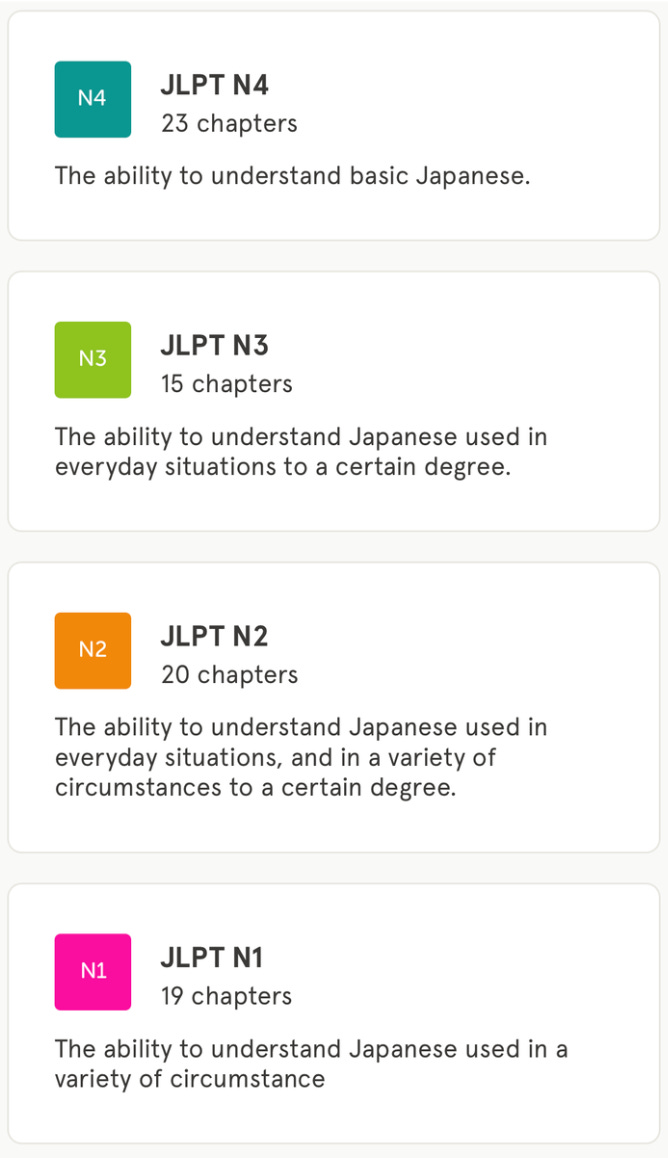
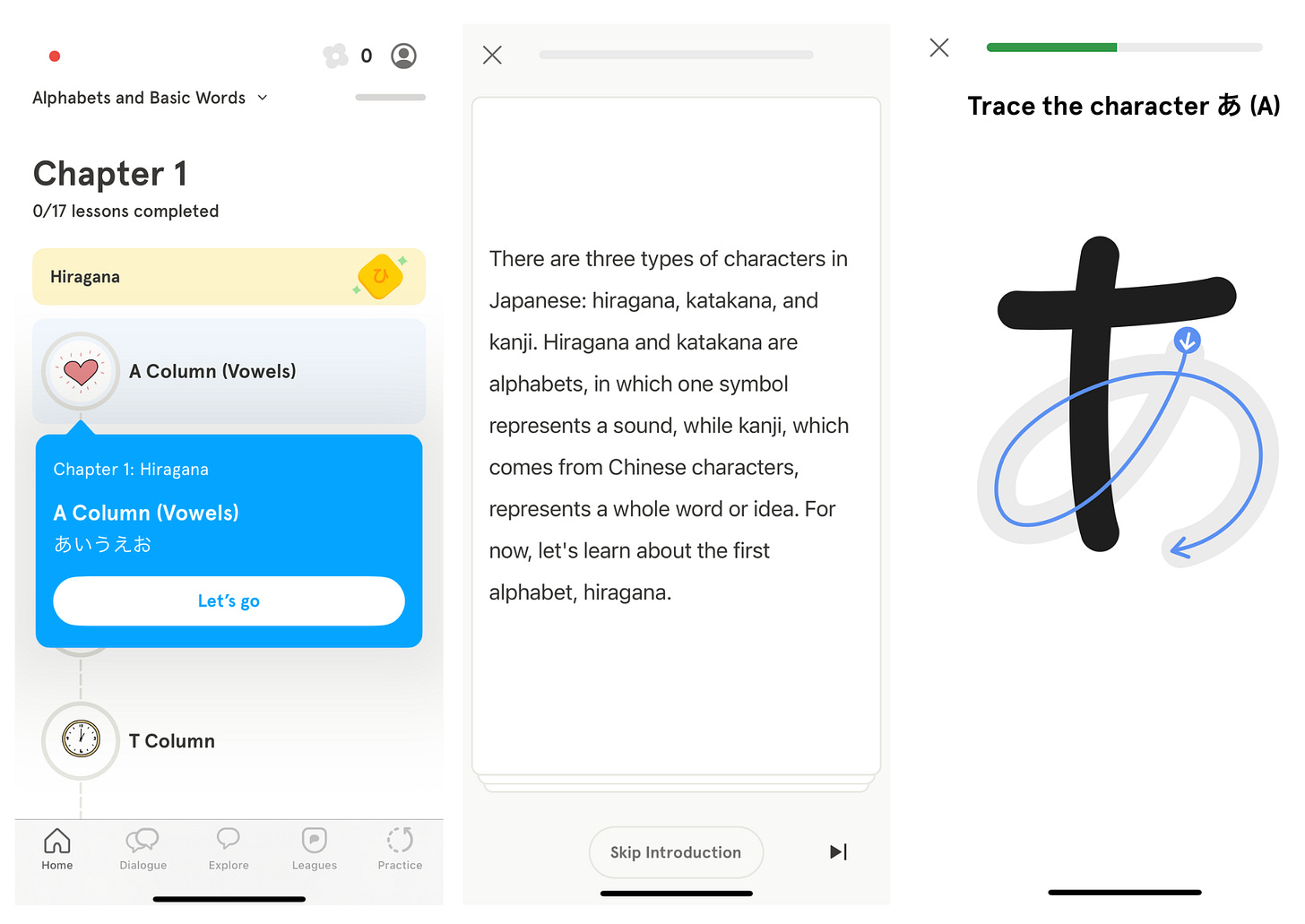
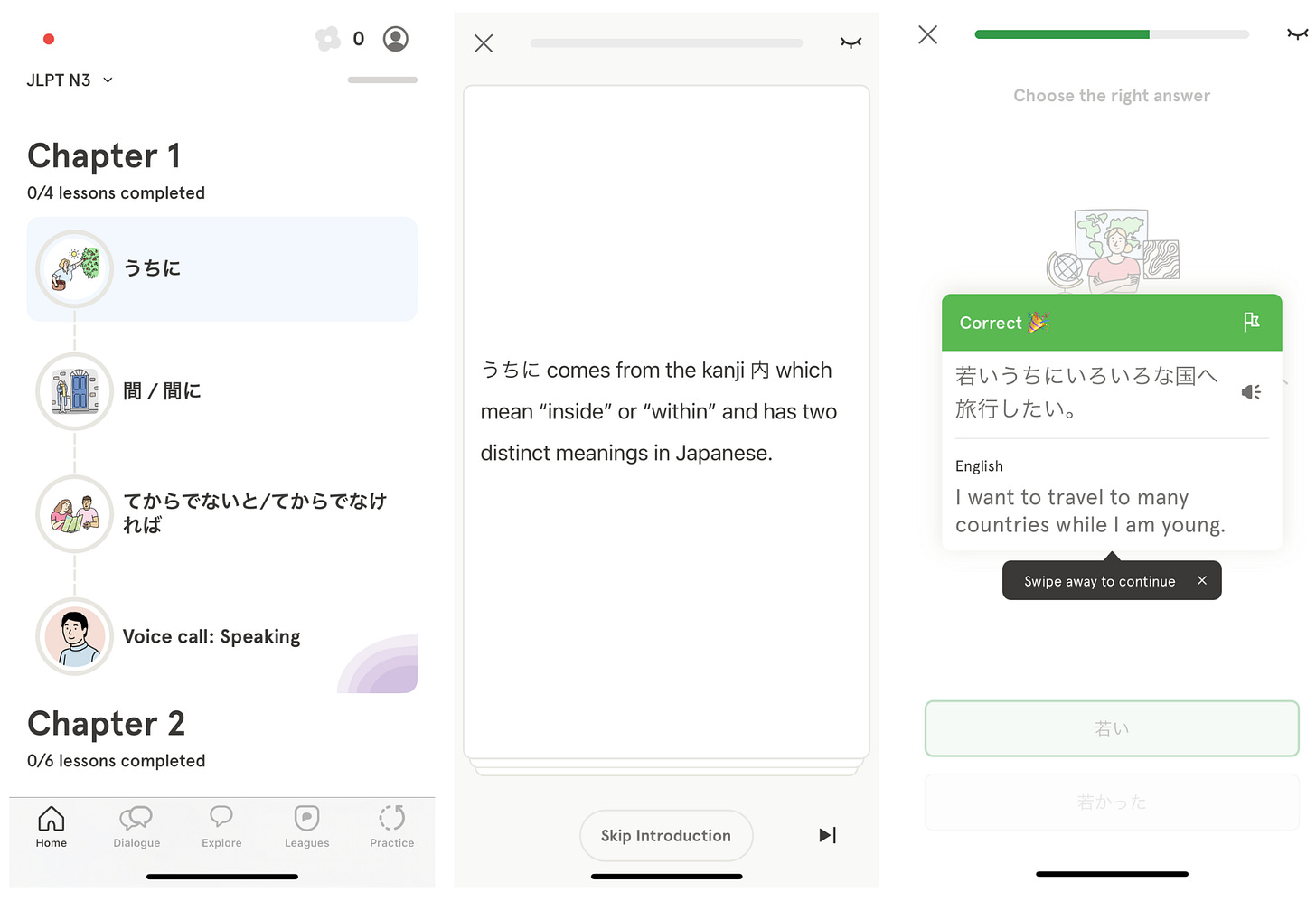
We visit Japan regularly, but really mastering the language is hard for us, with two small children along. But just being able to say, thank you, so tasty, excuse me! and know some simple words like beer, water, meat, veggies.. it makes all the difference. And the smiles when you understand each other with little words is beautiful! thank you!
Thank you!